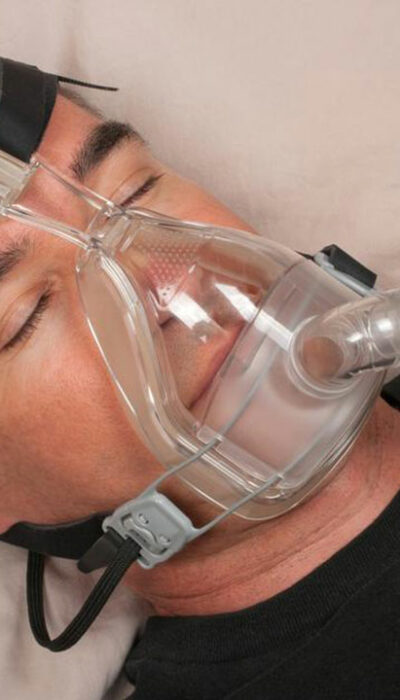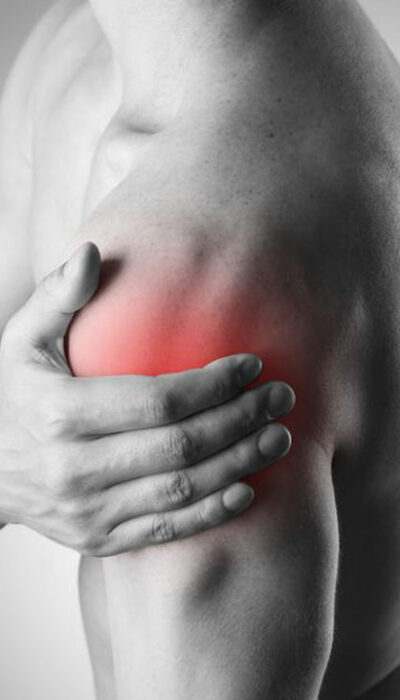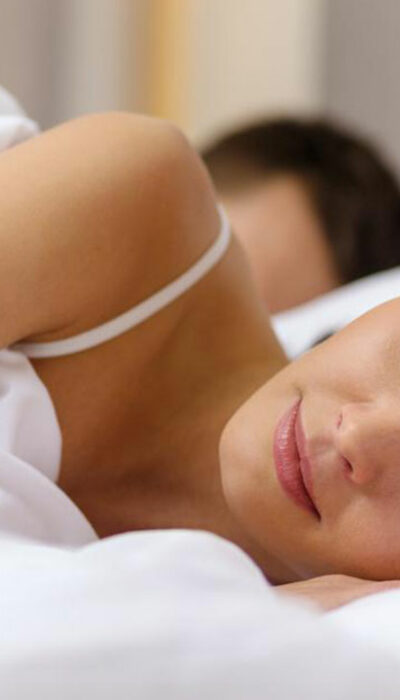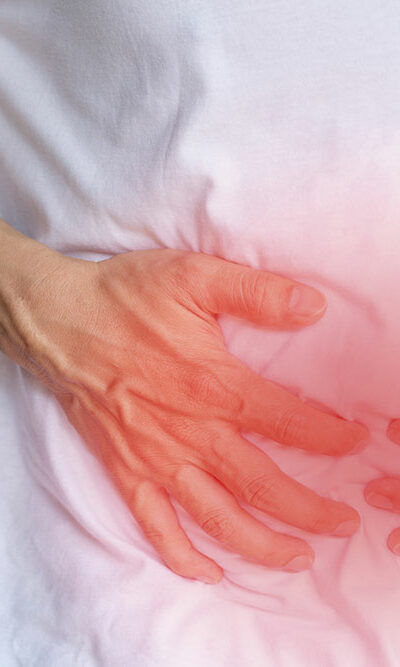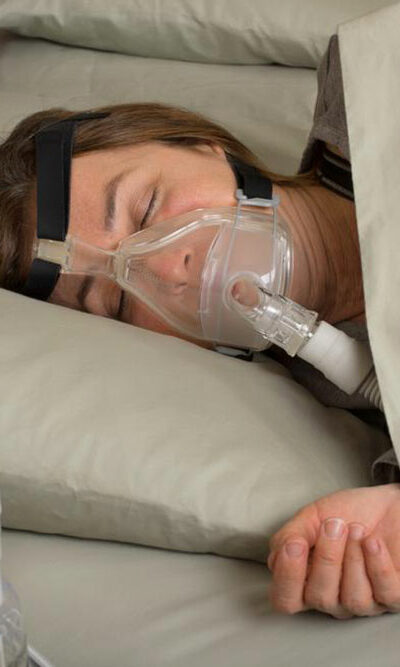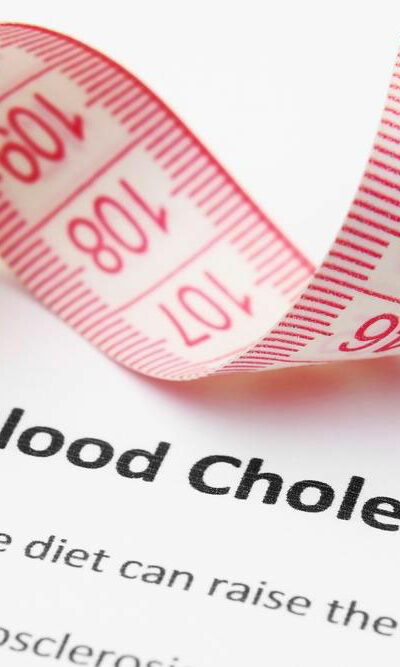
5 Useful Things to Know about Hidradenitis Suppurativa
Hidradenitis suppurativa (HS) is a disease where the affected person gets painful bumps under their skin, mostly near the sweat glands. For now, there is no permanent cure for this affliction, but medical treatments and changes in lifestyle have proven to provide relief as well as reduce future flare-ups. Hidradenitis suppurativa occurs in places where the swear glands are located. The sweat glands are known as apocrine glands, which are located in places where an individual usually has hair, like under the arms, around the groin region and between the buttock cheeks. Bumps develop in these areas . This can also occur in areas where the skin frequently gets rubbed, like between the thighs and under the breasts. When these bumps break, they often leave behind tissue scars. Immediate treatment is required to prevent the infection from developing again in the same area. Hidradenitis suppurativa is a condition that lasts for a long time and can get very frustrating to deal with. It also takes an emotional toll. People suffering from this affliction should seek support from family and friends and maybe even join a support group. Skin conditions can have a physical and emotional toll on the patient and should be handled with care. Causes: The causes of hidradenitis suppurativa are not yet known, but it is proven that the skin problems begin when sweat glands become blocked. Most people see the first symptoms in their teens or during the twenties. It also happens to be more common in women as compared to men as well as in people who smoke or are overweight. It can also be hereditary as about one-third of the people who suffer from HS usually have another relative with the same problem. Medical researchers and scientists have not been able to pinpoint the causes for hidradenitis suppurativa, but it has been noted that it is not caused by the use of powders, deodorants or by shaving one’s underarms.


